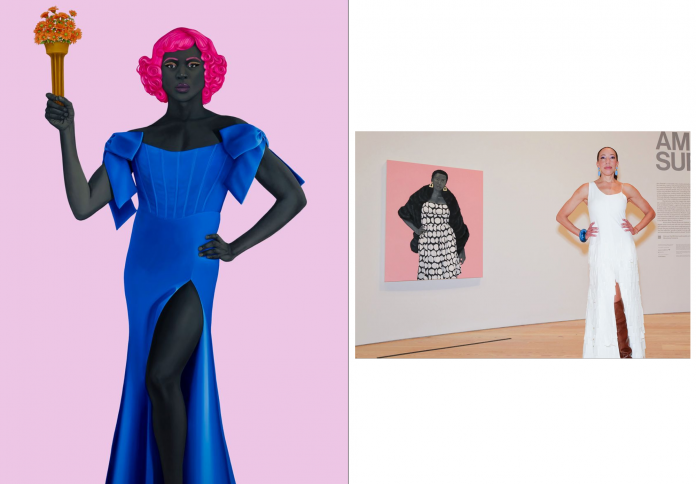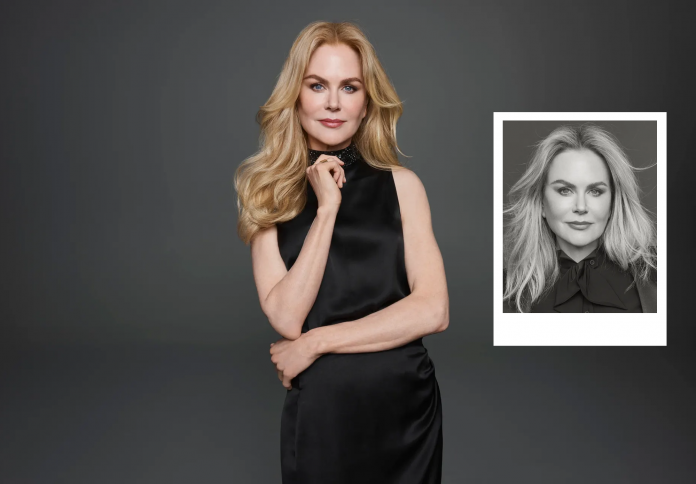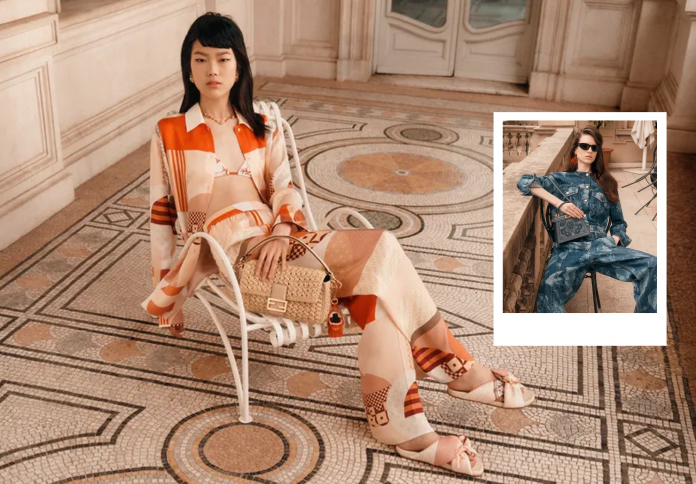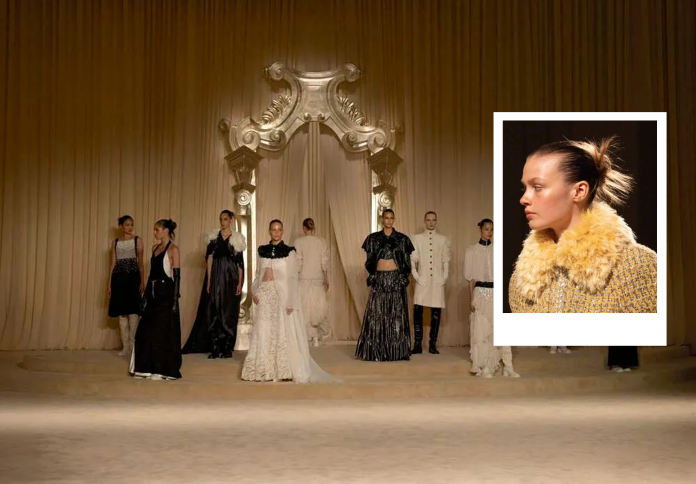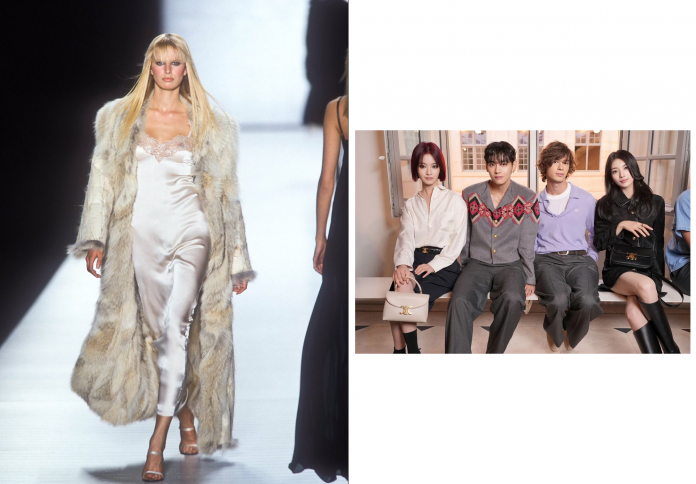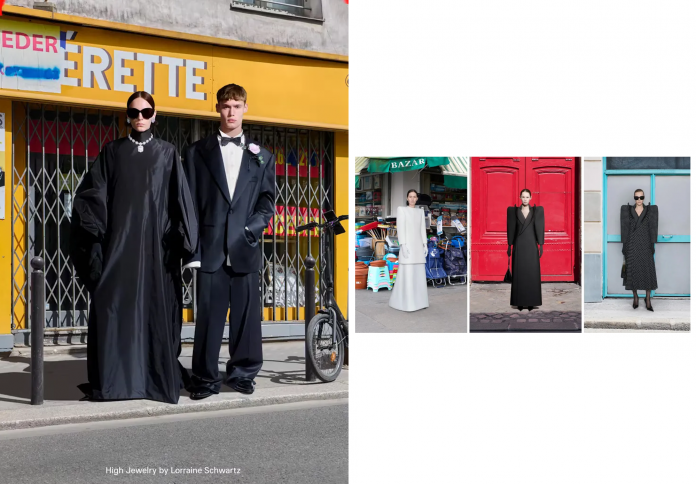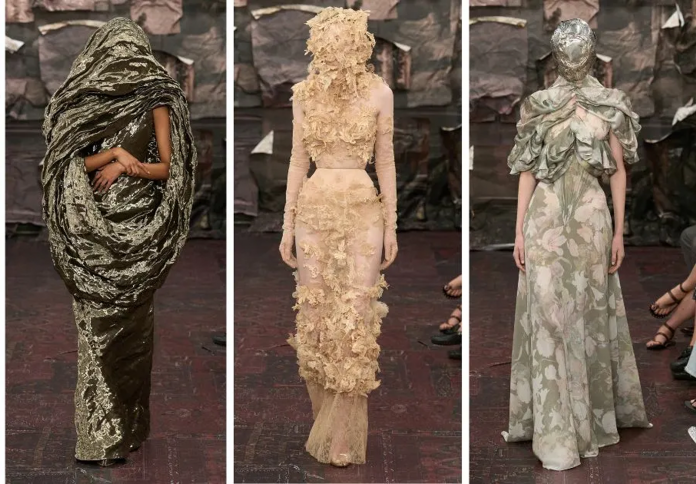Renowned artist Amy Sherald has withdrawn her upcoming exhibition at the Smithsonian’s National Portrait Gallery, citing censorship surrounding one of her most provocative works. The decision highlights ongoing tensions between artistic freedom and institutional control in today’s politically charged climate.
The controversy over Trans Forming Liberty
Sherald’s painting Trans Forming Liberty depicts a transgender woman dressed as the Statue of Liberty, symbolizing marginalized communities and themes of identity and freedom. The Smithsonian requested a contextualizing video to accompany the piece, which Sherald perceived as an attempt to dilute the artwork’s powerful message.
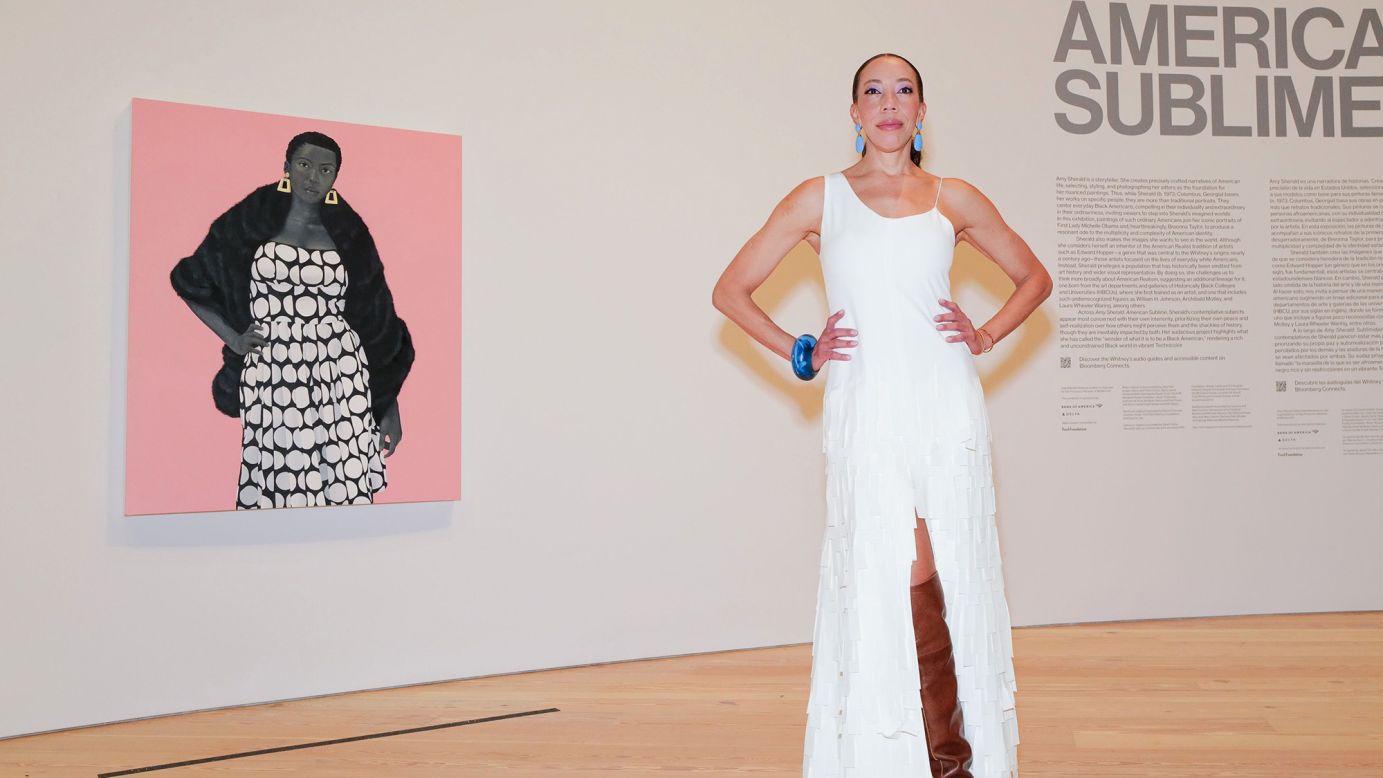
Feeling that her artistic integrity was compromised, Sherald chose to pull out of the exhibition entirely. The decision underscores the difficult balance institutions face between presenting challenging art and responding to political pressures.
Political pressures and institutional changes
The Smithsonian’s actions come amid increased scrutiny from government officials critical of what they deem “leftist ideology” in public cultural institutions. This political climate led to the resignation of the National Portrait Gallery’s director, further complicating the museum’s position.

Officials condemned Sherald’s work as overly ideological and inappropriate for a national museum, framing censorship as a means to promote unity and historical accuracy. The debate spotlights how art can become a battleground for broader cultural conflicts.
Sherald’s commitment to artistic freedom

Best known for her official portrait of former First Lady Michelle Obama, Sherald has long used her work to highlight issues of race, identity, and social justice. Her withdrawal reflects a deep commitment to defending the rights of marginalized communities and maintaining artistic authenticity.

Sherald stated that she “cannot in good conscience comply with a culture of censorship, especially when it targets vulnerable groups.” Her stance has sparked conversations about the role of museums in fostering open dialogue versus adhering to political expectations.
The Smithsonian’s response and the wider debate
The Smithsonian expressed disappointment over the cancellation but emphasized respect for Sherald’s contributions and artistic vision. The institution acknowledged the missed opportunity for audiences to engage with American Sublime, the exhibition that included Trans Forming Liberty.
This incident illustrates the ongoing challenges cultural institutions face in balancing public accountability, artistic expression, and political influence. It also raises important questions about the future of art that confronts social and political realities head-on.
